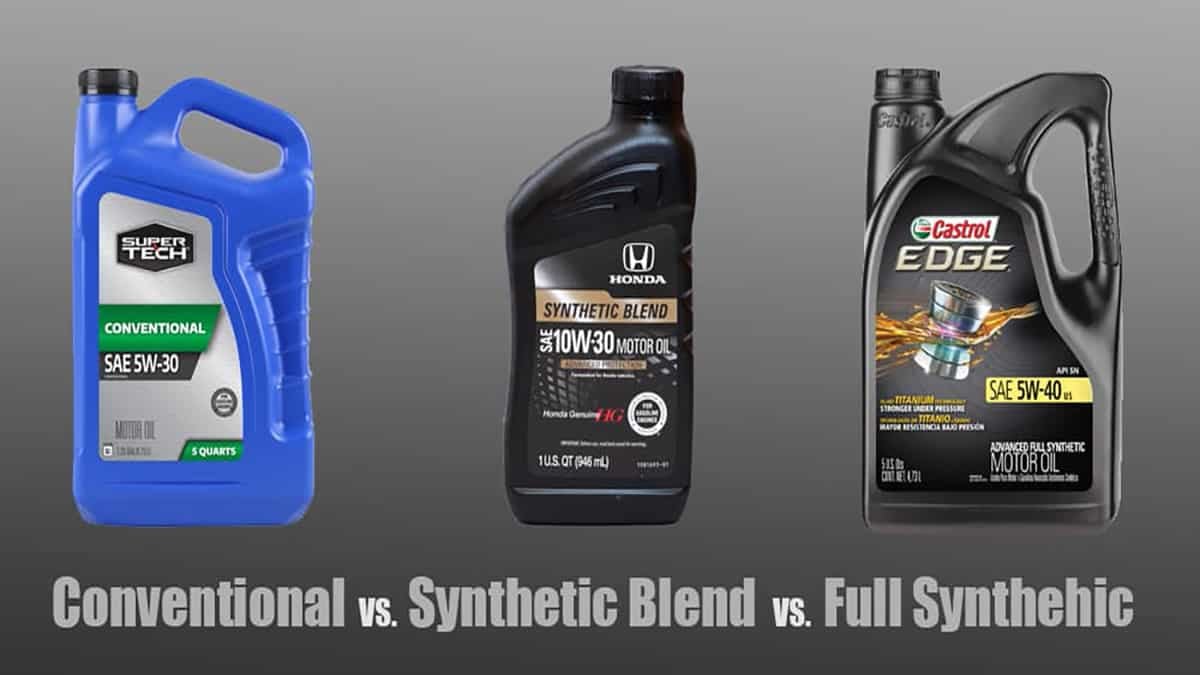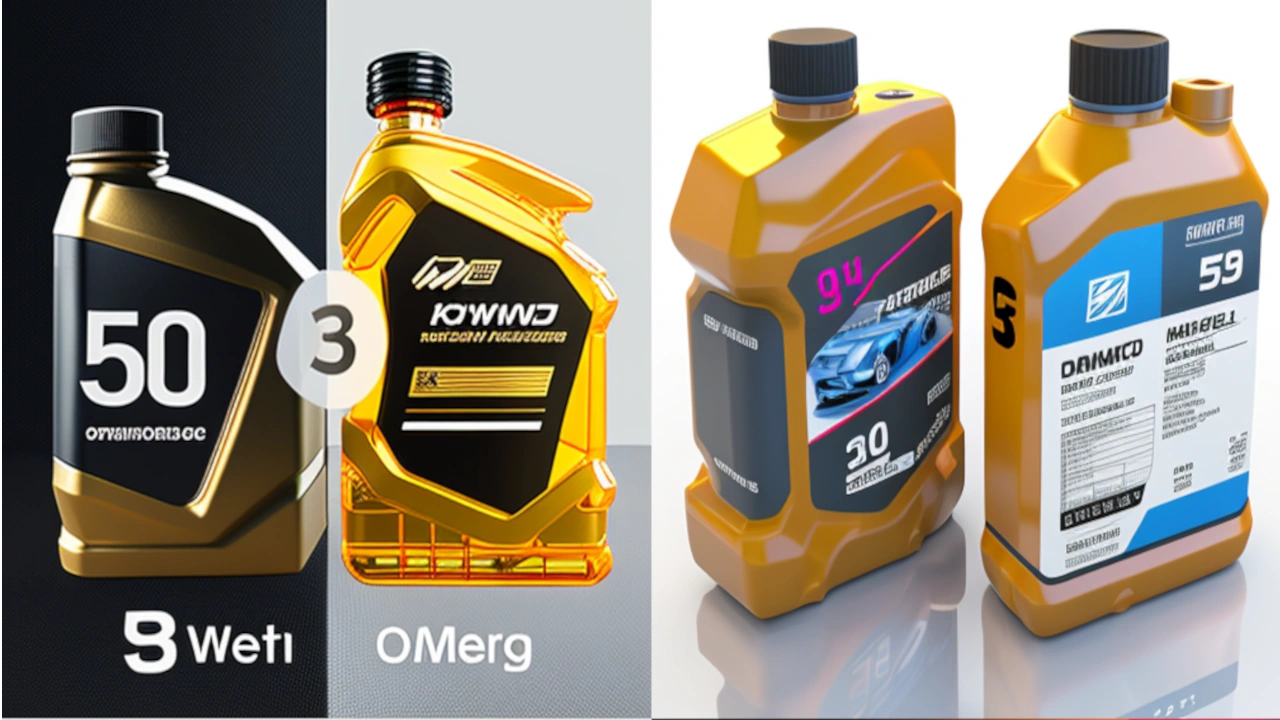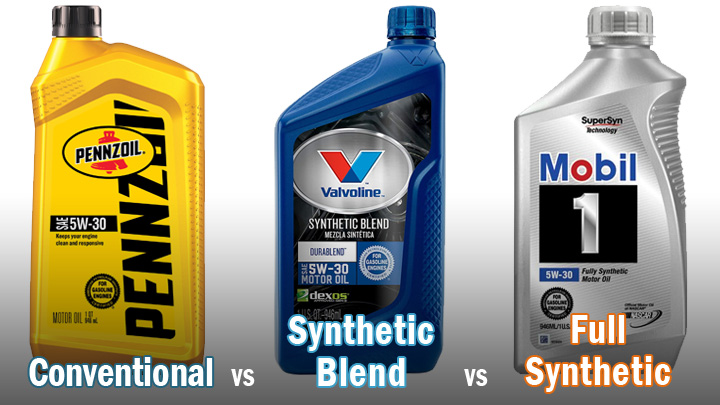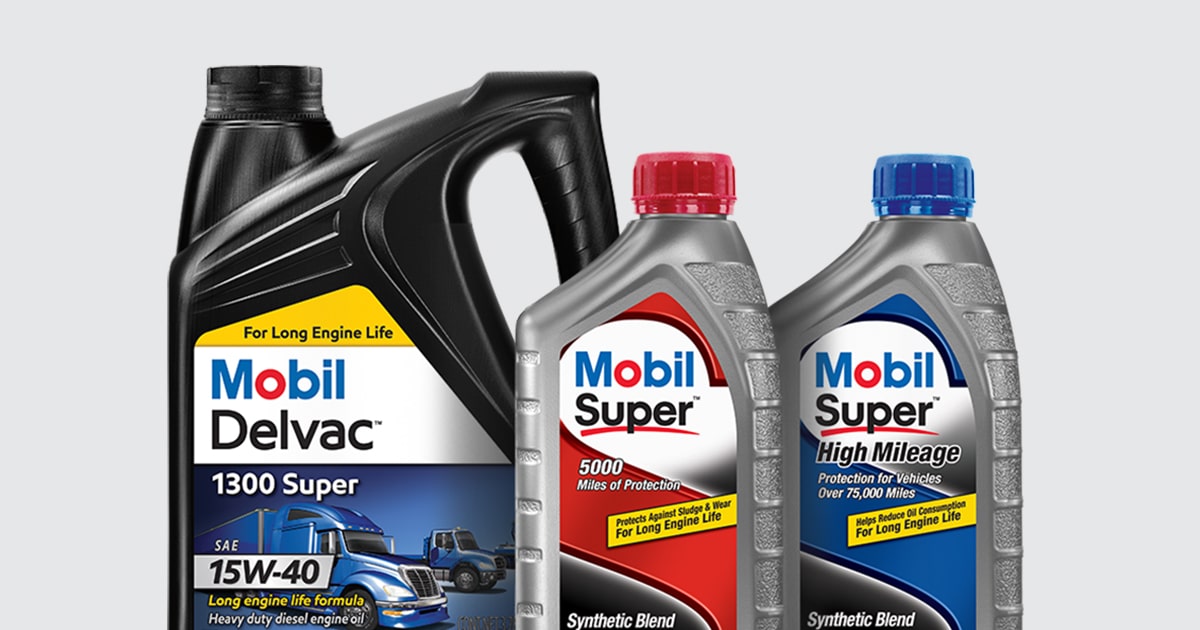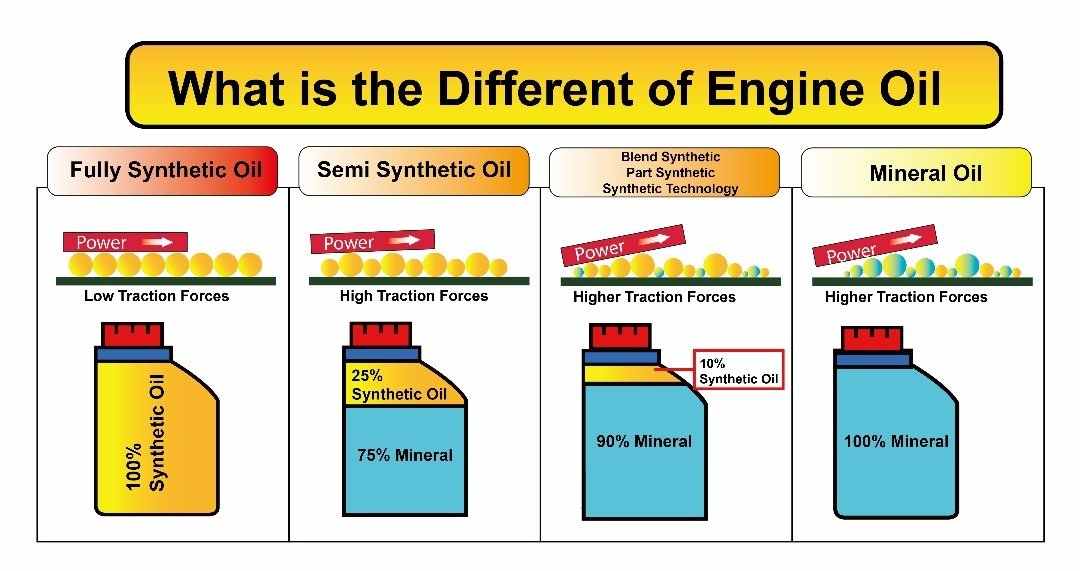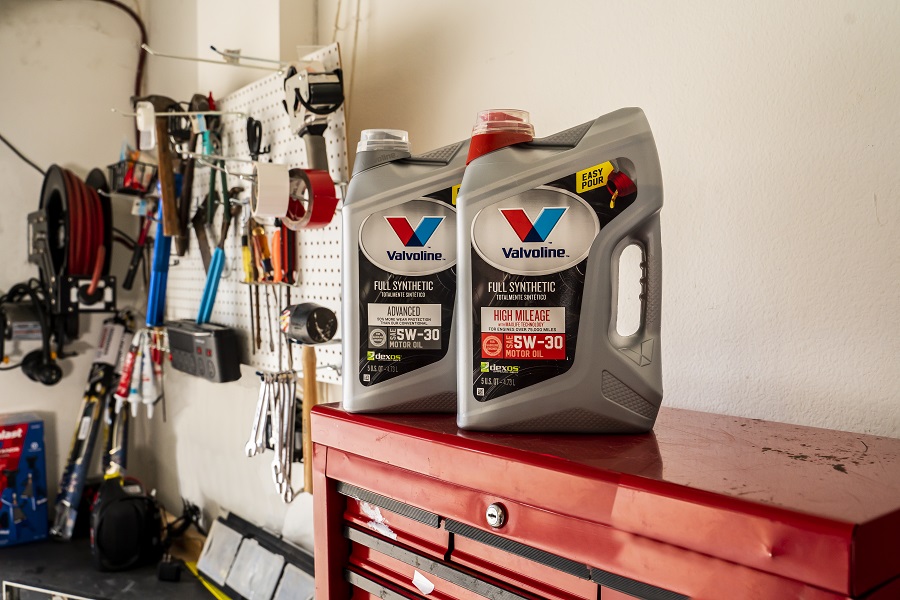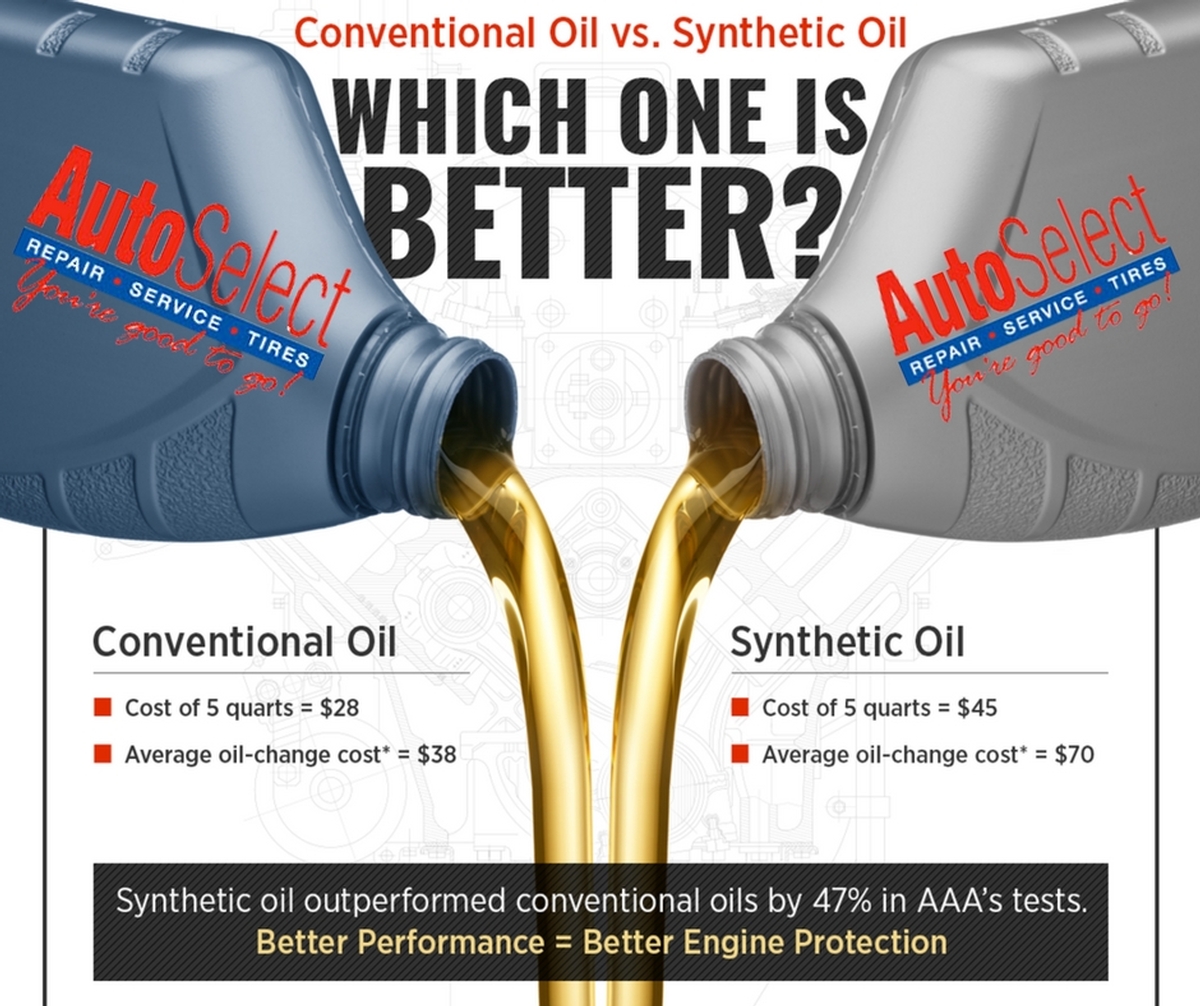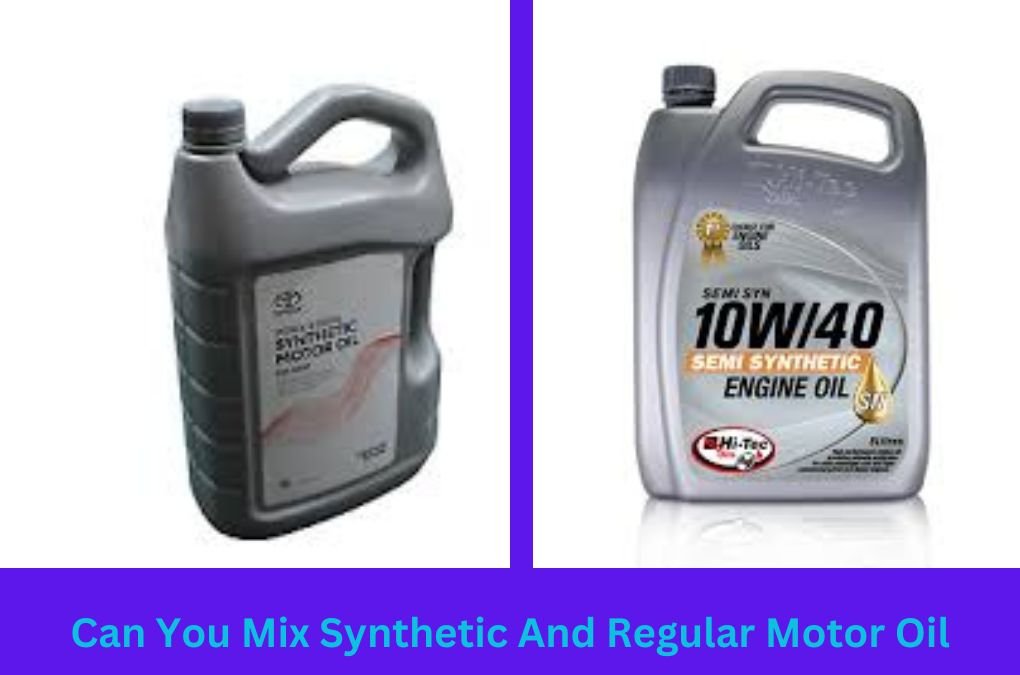Can I Mix Full Synthetic Oil With Synthetic Blend

The late afternoon sun dripped gold onto the garage floor, illuminating scattered tools and the half-open hood of a beloved, well-worn pickup truck. A faint scent of motor oil hung in the air, a familiar aroma of weekend projects and meticulous maintenance. A question hung heavier than the oil itself: Could a quart of full synthetic rescue a near-empty reservoir topped off with a synthetic blend?
The question of mixing full synthetic and synthetic blend motor oils is a common one among car enthusiasts and everyday drivers alike. While generally considered safe in a pinch, understanding the nuances and potential long-term effects is crucial for maintaining engine health and maximizing vehicle performance.
Understanding Motor Oil Basics
To grasp the implications of mixing these oil types, it’s essential to understand what they are. Motor oil's primary function is to lubricate the internal components of an engine, reducing friction and wear.
It also helps to cool the engine, clean away deposits, and prevent corrosion. Different formulations achieve these goals with varying degrees of effectiveness.
The Difference Between Full Synthetic and Synthetic Blend
Full synthetic oils are engineered with highly refined base oils and advanced additives. These base oils are created through complex chemical processes, resulting in superior purity, consistency, and performance characteristics.
They offer enhanced protection against extreme temperatures, reduced engine sludge, and improved fuel economy compared to conventional oils. Synthetic blend oils, on the other hand, are a mixture of conventional and synthetic base oils.
They incorporate some of the benefits of full synthetics at a lower cost. The proportion of synthetic oil in a blend can vary significantly between brands.
The Short Answer: Yes, You Can (Probably)
The short answer is generally yes, you can mix full synthetic and synthetic blend oils. Most modern motor oils are designed to be compatible with each other, regardless of their base oil composition.
This compatibility stems from the fact that all motor oils must meet certain industry standards, such as those set by the American Petroleum Institute (API).
These standards ensure a minimum level of performance and compatibility, preventing immediate engine damage when mixing different oil types.
But Here's the Long Answer...
While mixing isn't likely to cause catastrophic engine failure, it's not ideal. The primary concern is the potential dilution of the benefits offered by the full synthetic oil.
Adding a synthetic blend to a full synthetic essentially lowers the overall quality of the oil mixture to something in between the two original formulations.
This can compromise the oil's ability to provide optimal protection against wear, heat, and sludge buildup, especially in demanding driving conditions.
Performance Degradation
Mixing oil types can affect the oil's viscosity and its ability to maintain a stable lubricating film. Viscosity is the oil's resistance to flow, an important factor for optimal engine lubrication.
Full synthetics typically have a wider viscosity range, meaning they perform better across a broader range of temperatures. When mixed with a synthetic blend, this range can be reduced.
The lifespan and effectiveness of the oil's additive package can also be affected. Additives enhance the oil's performance by providing detergents, dispersants, and anti-wear agents.
Long-Term Considerations
Over time, repeated mixing of oil types can contribute to increased engine wear and reduced performance. It's analogous to diluting a fine wine with a less expensive variety; you still have wine, but the overall quality is diminished.
The engine might not fail immediately, but the cumulative effect of suboptimal lubrication can shorten its lifespan. In situations where the manufacturer specifically recommends full synthetic oil, consistently mixing it with a blend could potentially void the warranty, although proving this can be challenging.
When is it Acceptable to Mix?
Mixing full synthetic and synthetic blend oils is generally acceptable in emergency situations. If your engine is low on oil and you only have access to a different type of oil, it's better to top it off than to run the engine with insufficient lubrication.
It's also acceptable to mix them temporarily until you can perform a complete oil change with the recommended oil type. Consider it a band-aid solution, not a long-term strategy.
Best Practices
The best practice is always to use the type of oil recommended by the vehicle manufacturer. This information is typically found in the owner's manual.
If you're unsure, consult with a qualified mechanic. When performing an oil change, always use the same type and brand of oil to maintain consistent performance.
If you accidentally mix oil types, consider shortening the oil change interval to remove the mixed oil sooner rather than later.
Debunking Myths and Addressing Concerns
One common myth is that mixing oil types will cause immediate and catastrophic engine damage. While not ideal, it is generally safe in the short term.
Another concern is the potential for sludge formation when mixing different oil types. While this is less of a concern with modern oils, it's still a possibility, especially with older engines or neglected maintenance.
The API sets standards to minimize these risks, but adhering to recommended oil change intervals and using high-quality oils remains crucial.
Expert Opinions
Many mechanics and automotive experts advise against routinely mixing oil types. They emphasize the importance of using the manufacturer-recommended oil for optimal engine performance and longevity.
According to Valvoline's website, It is best to always use the oil grade recommended by the engine manufacturer. If mixing different oils is unavoidable, then it’s okay to mix synthetic and conventional oils, but it is not recommended as a long-term solution.
However, they also acknowledge that mixing is acceptable in emergencies, as long as the oil meets the minimum API standards.
Conclusion: Prudence and Prevention
While the question of mixing full synthetic and synthetic blend oil doesn't have a terrifying answer, it underlines the importance of informed car maintenance. Mixing is a temporary fix, a compromise in performance best avoided when possible.
The sun continues its descent, casting long shadows across the garage. The question has been answered, not with a definitive yes or no, but with a nuanced understanding of the potential consequences.
The best approach is always prevention: sticking to the recommended oil type and schedule, ensuring a long and healthy life for the engine that powers your journeys.
